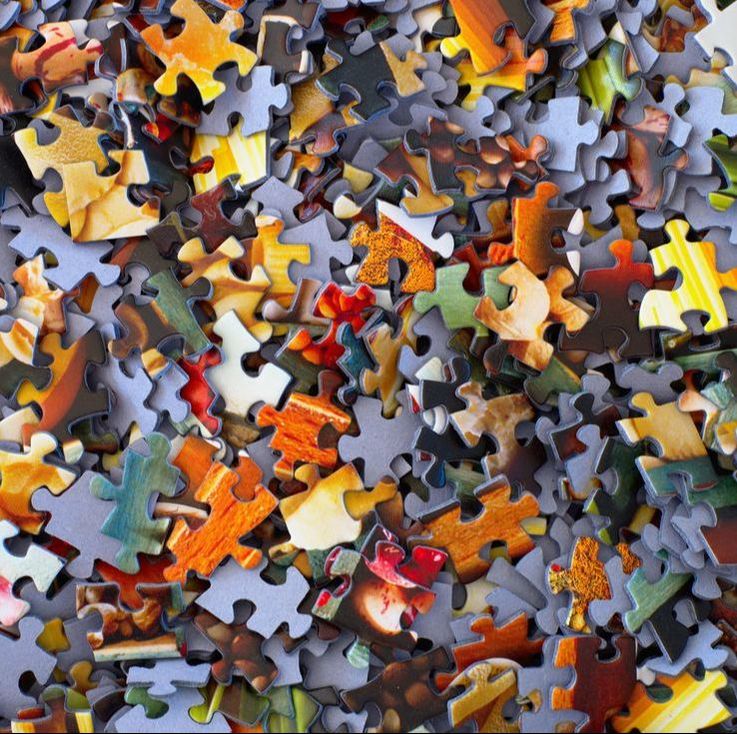Reduce Your Risk
Dementia is a worldwide problem, and if you have a brain, you are at risk! There are things that can be done throughout a person's life that can help to reduce their risk of getting dementia and other chronic brain illnesses. It is never to early to start Dancing Out Dementia! Below you will find tips for reducing your risk. Check it out!
The Facts by Numbers
50 million people around the world are living with dementia
5.8 million people in the United States are living with dementia
Every 65 seconds, a new dementia diagnosis is made
1 in 3 Seniors die with dementia
There is 0 Cure for dementia
DANCE can reduce a person's risk of getting dementia by 76%
6 Pillars of Brain Health
Dementia experts have come up with six key steps that have been proven to reduce a person's risk of getting dementia and other brain related diseases. They are known as the 6 Pillars of Brain Health:
Exercise
|
Social EngagementKeeping connections with people is essential to dementia risk reduction. Our brains work best when we come in contact with positive people on a regular basis. Ways of staying involved include: volunteering, joining a social group, going to a museum, park, or library, and making phone calls to friends/family.
|
Eating Healthy
|
Quality Sleep
|
Stress ManagementStress can take a large toll on the brain and lead to a decrease in ability to remember things. Some stress management tips include: breathing, taking yoga classes, reading, writing, and scheduling daily relaxation activities.
|
Mental StimulationPeople who make it a point to learn new things and keep their brains active are less likely to develop dementia later in life. The "use it or lose it" motto applies strongly here. Ways to stimulate brain function include: learning new things, practicing memorization, doing crosswords, puzzles, or riddles, and eating or brushing your teeth with your non-dominant hand.
|
Informational Videos |
|
|
|
Works Cited
https://www.alz.org/
https://www.mayoclinic.org/diseases-conditions/dementia/symptoms-causes/syc-20352013
http://www.calaverasenterprise.com/health/article_cbff2990-171a-11e3-9761-001a4bcf887a.html
https://www.tetonhospital.org/documents/cognitive-health/pillars-of-brain-health-1.pdf
https://www.youtube.com/watch?v=tkIg-SxPzTA
https://www.youtube.com/watch?v=twG4mr6Jov0
https://www.youtube.com/watch?v=J8FyHI00ELY
https://www.youtube.com/watch?v=aLsVS0lrRD0
https://youtu.be/vR-cwADz-V0
https://www.mayoclinic.org/diseases-conditions/dementia/symptoms-causes/syc-20352013
http://www.calaverasenterprise.com/health/article_cbff2990-171a-11e3-9761-001a4bcf887a.html
https://www.tetonhospital.org/documents/cognitive-health/pillars-of-brain-health-1.pdf
https://www.youtube.com/watch?v=tkIg-SxPzTA
https://www.youtube.com/watch?v=twG4mr6Jov0
https://www.youtube.com/watch?v=J8FyHI00ELY
https://www.youtube.com/watch?v=aLsVS0lrRD0
https://youtu.be/vR-cwADz-V0






